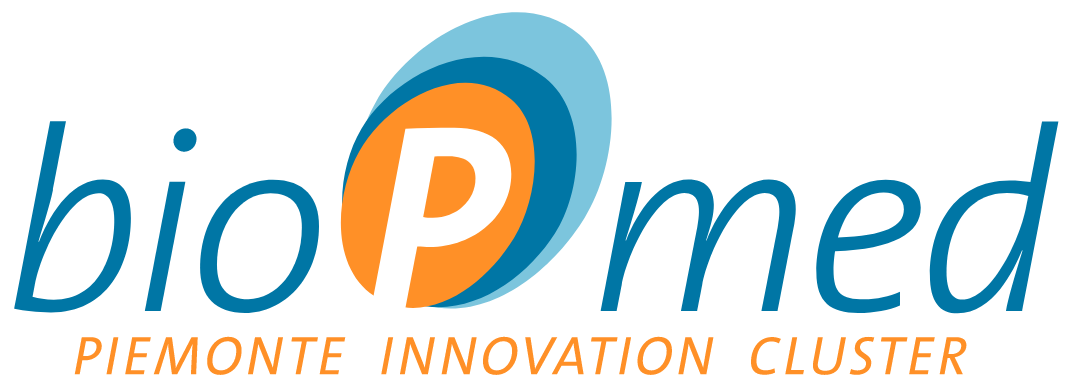Details
Project title: Stem cell labelling
Acronym: STELLA
Coordinator: Procelltech srl
Type: Feasibility study
Annuality: Second
TP/LS membership: TecnInn/HMNA2
Lead partner: Procelltech srl
Subjects involved:Advanced Accelerator Applications (Italy), University of Turin
Status: Completed
Download report »
Abstract: The goal of this project, was to investigate new approaches for marking of
stem cells and to verify their traceability at the pre-clinical level.
Contact for further information
Name: Vittoria Ardissone
Organization: Procelltech srl
Address: Via Ribes 5, 10010 Colleretto Giacosa
Phone: 0125-538941
Fax: 0125-538350
E-mail: vittoria.ardissone@procelltech .net
Website: www.procelltech.net
THE PROBLEM ADDRESSED
The use of cells as medicinal products, loosely defined as “advanced therapy medicinal products_PMTA,” is in the context of regenerative medicine, i.e., the clinical discipline that involves the biological regeneration by the patient’s body of deteriorated tissue/organ rather than its replacement with a prosthesis or transplant.
These therapies have the potential to treat various diseases for which there are no established treatments to date, such as: myocardial infarction, brain and spinal cord damage, skeletal system diseases (bone and cartilage), rejection syndrome in transplant patients, multiple sclerosis, Parkinson’s disease etc.
There are still, however, many translational aspects that need to be clarified, and among them is the demonstration that the transplanted cells remain at the transplant site, survive, and the manner in which they exert their function. On the other hand, it is essential to ascertain that
they do not migrate to different locations where they might exert undesirable effects.
Therefore, the need to identify a specific marking technique that is sensitive, durable, nontoxic, and complies with the requirements of current Good Manufacturing Practice (cGMP) and regulatory bodies for stem cell traceability is an increasingly pressing need for their future use at the hospital level.
THE ACTIVITIES CARRIED OUT
The ultimate goal of this feasibility study was to create radio-tagged stem cells characterized in accordance with cGMP requirements for their cell identity and stability for possible future use as tracers in patients.
The study consisted of three different activities:
- Activity 1: Identification of cellular markers
- Activity 2: Synthesis of an affine radio tracer for the selected marker
- Activity 3: In vivo experiments to define the bio-distribution of labeled cells
PROJECT RESULTS
The study concluded satisfactorily with the development and validation of a stem cell marking protocol that achieved sufficient marking efficiency to allow visualization of injected cells in healthy SCID mice.
The buffer and protocol used have also been shown not to induce functional changes in the cells.
This result is very important because it provides the prerequisites for a potential patent for some of the marking steps developed during this study; moreover, the partners involved possess the necessary skills to take the next steps for industrial exploitation of the results obtained.
PROJECT NUMBERS
- Other Private Partners: Advanced Accelerator Applications
- Other Public Partners: University of Turin
- Total number of partners: 3
- Number of employee researchers involved: (PCT 3) (AAA 3) (UNITO 3)
- Duration in months: 18
- Total budget: 48.565,40 €
- Funding: 25.087,71 €
- Number of presentations at conferences and seminars: 1
- Number of patents filed: 1
- Number of jobs retained at the end of the project: PCT 3, AAA 3
- Number of public researchers involved: 3 (UNITO)
